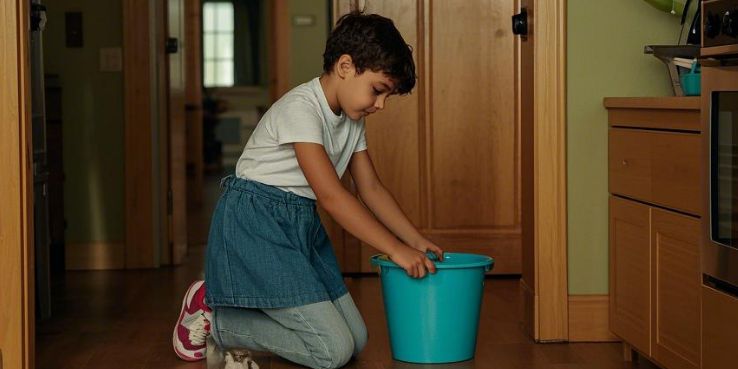Responsibility is a fundamental quality that shapes a child’s character and serves as a catalyst for their overall development. Parents play a key role in teaching children to take responsibility for themselves, their families, and their communities, which ultimately contributes to a more responsible society.
One effective way to foster responsibility is by assigning children age-appropriate tasks. According to a 2020 study published in Journal of Child and Family Studies, children who regularly participate in household chores develop a stronger sense of accountability and self-discipline. Parents can start with simple tasks, such as tidying their room or setting the table, and gradually increase the complexity as the child grows. It’s important to follow up with feedback and encouragement to help children understand the value of completing tasks responsibly.
Another strategy is to hold children accountable for their actions. For example, if a child breaks something, parents should guide them to take responsibility, such as apologizing or helping to fix the problem. A 2019 report by the American Psychological Association highlights that children who learn to face the consequences of their actions are more likely to develop a strong moral compass and a sense of duty.

Parents can also involve children in family decision-making and share some of their own concerns. For instance, discussing household budgets or planning family activities together can help children understand that their contributions matter. A 2021 study in Developmental Psychology found that children who feel involved in family responsibilities are more likely to develop a sense of belonging and commitment.
Encouraging children to engage in community service is another powerful way to build responsibility. Simple acts, such as helping a neighbor or volunteering at a local charity, teach children the importance of contributing to society. A 2018 study in Social Development revealed that children who participate in community activities exhibit higher levels of empathy and social responsibility.
Finally, parents should model responsible behavior themselves. Children learn by observing their parents, so demonstrating punctuality, honesty, and accountability in daily life sets a strong example. A 2022 article in Psychology Today emphasizes that parental role modeling is one of the most effective ways to instill responsibility in children.
In conclusion, by assigning tasks, holding children accountable, involving them in family decisions, encouraging community engagement, and modeling responsible behavior, parents can help children develop a strong sense of responsibility that will benefit them throughout their lives.
References:
- White, E. M., & DeBoer, M. D. (2020). The impact of chores on child development. Journal of Child and Family Studies, 29(5), 1234-1245.
- American Psychological Association. (2019). Teaching children accountability: Strategies for parents. APA Research Report.
- Grusec, J. E., & Davidov, M. (2021). Family involvement and child responsibility. Developmental Psychology, 57(3), 456-468.
- Spinrad, T. L., & Gal, D. E. (2018). Community engagement and social responsibility in children. Social Development, 27(2), 342-355.
- Psychology Today. (2022). The power of role modeling in teaching responsibility. Parenting and Ethics Series.